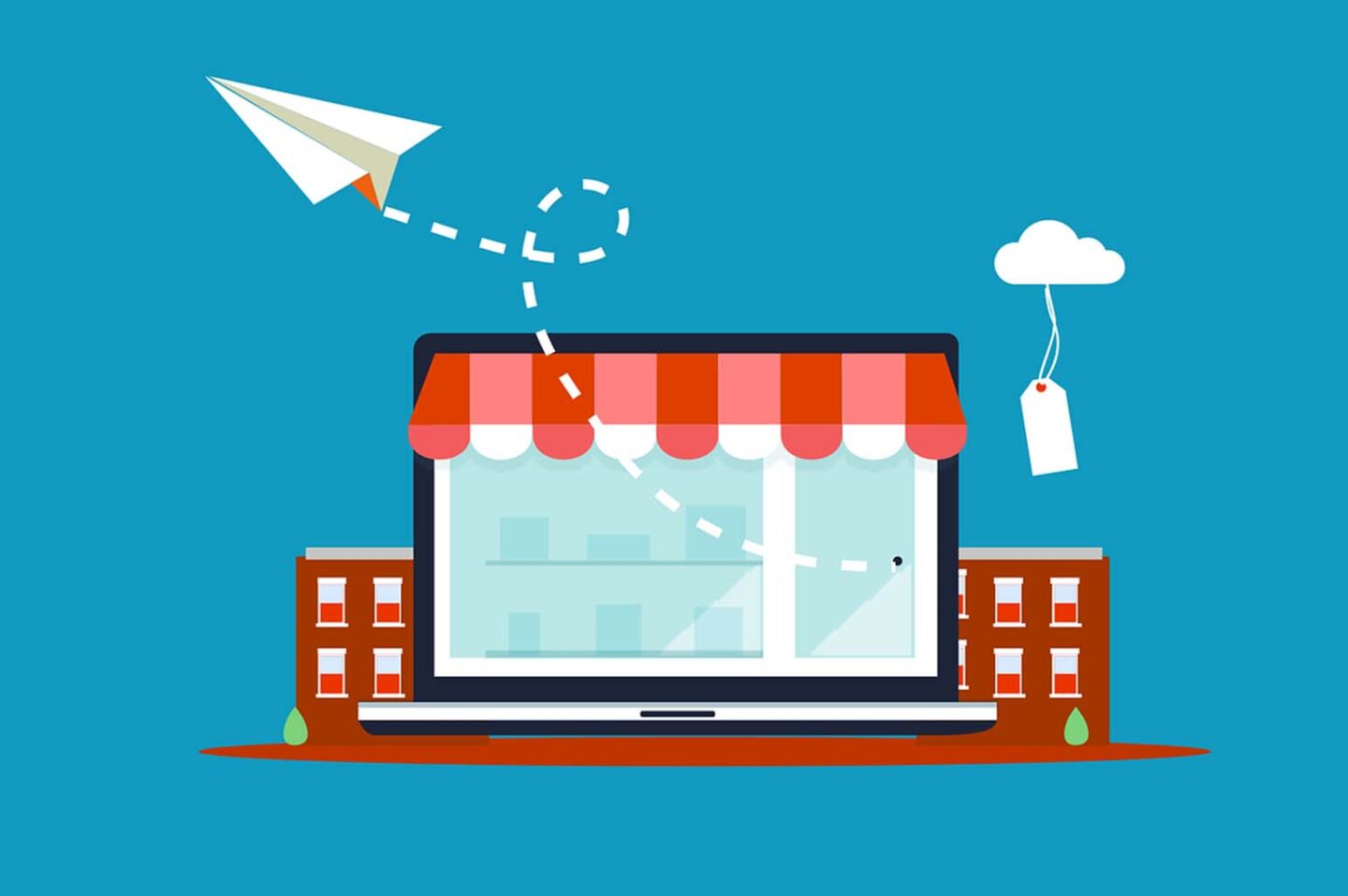Starting your own online store can be an incredibly rewarding experience. You get to be your own boss and promote the products you feel passionate about, which can be a very fulfilling endeavor. However, in order for your online store to be truly successful, you need to find the right platform to sell on. While the sheer number of platforms available can make that task seem somewhat daunting, there are 6 key features you’ll want to focus on in order to ensure you’ll choose the right e-commerce platform for your store.

1. Scalability
Perhaps the most important factor to consider when choosing an e-commerce platform is scalability. When narrowing down the ecommerce solutions for your store, you’ll want to make sure that the platforms you’re considering can accommodate future growth. Otherwise, you may find yourself in a situation where you need to switch platforms down the road, which can be time-consuming and expensive. Not to mention, it might cost you some of your regular customers because they’ll need to re-register on your new platform. Scalability also means that the platform can handle increased traffic during peak times, such as holidays. Make sure to test out the scalability of a platform before making your final decision.
2. Customizability
Another important factor to consider is customizability. After all, you want your online store to be unique and reflect your brand identity. The right e-commerce platform will offer a wide range of customization options so you can create a store that’s truly your own. From choosing the color scheme and font to adding your logo and customizing the navigation, you should have complete control over the look and feel of your store. It’s important that the platform you choose gives you the ability to make the changes you want without having to rely on a developer, and that it works equally well on desktop and mobile devices.
3. Security
When it comes to online stores, security is always a top concern. After all, you’re dealing with sensitive customer information, such as credit card numbers and addresses. Make sure that the platform you choose has robust security features in place to protect both your customers and your business. Look for features like SSL encryption, fraud detection, and PCI compliance. Apart from that, you’ll also want to make sure that the platform is hosted on a secure server and that it has regular backups in place to protect your data. An easy way to check the security of a platform is to look for customer reviews and see if there have been any reported security issues.
4. Ease of Use
Another thing to consider is the ease of use, both for you and your customers. The platform you choose should be easy to set up and manage, without requiring any special technical skills. It should also be easy for your customers to use, with a clean and user-friendly interface. Customers should be able to find what they’re looking for quickly and easily, and the checkout process should be smooth and streamlined. A platform that’s easy to use will help reduce shopping cart abandonment and boost conversion rates. The best way to see how the platform performs is to simply try to buy something from a store of your choice yourself. If you find yourself having to pause and think about how to do something, or if you get frustrated at any point during the process, that’s a sign that the platform isn’t user-friendly.
5. Payment Methods
When it comes to payments, you’ll want to make sure that the platform you choose offers a wide range of payment methods. The most popular payment method these days is, of course, a credit card, but you should also offer other options like PayPal, Apple Pay, and Google Pay. The more payment methods you offer, the more likely it is that customers will find a method that’s convenient for them. Another thing to consider is currency. If you’re targeting an international market, you’ll need to make sure that the platform supports multiple currencies – at least the major ones like USD, EUR, GBP, AUD, and CAD.
6. Customer Support
Finally, you’ll want to consider the customer support offered by the platform. Even the most user-friendly platforms can have issues from time to time, and it’s important to know that you can get help when you need it. Look for a platform that offers 24/7 customer support, either via phone, email, or live chat. You should also be able to find a comprehensive knowledge base with step-by-step tutorials and FAQs. The best platforms will also offer regular updates and new features to keep your store running smoothly. While customer reviews can be a good way to gauge the quality of customer support, the best way to see how responsive and helpful a company is is to contact them directly with a question.
Choosing the right e-commerce platform for your online store is essential if you want to be successful. These are six of the most important factors to consider when making your decision: cost, flexibility, security, ease of use, payment methods, and customer support. Keep these in mind as you compare different platforms, and you’ll be sure to find one that’s a perfect fit for your business.
